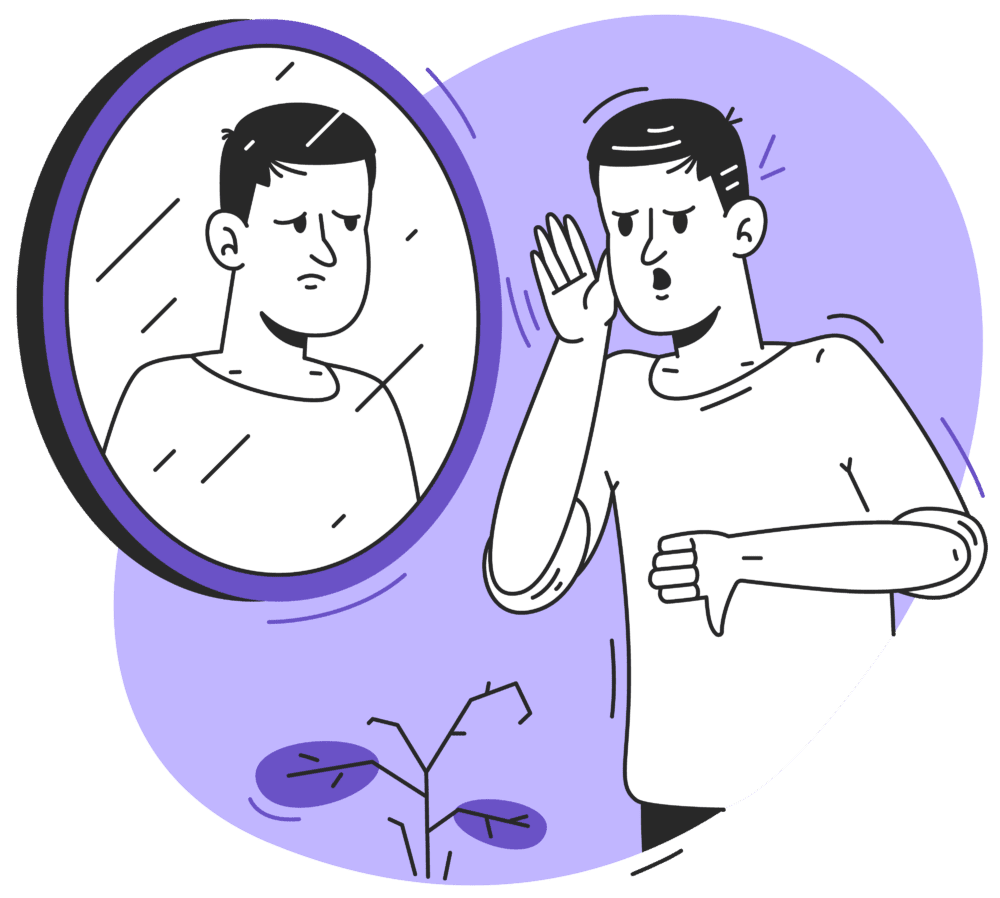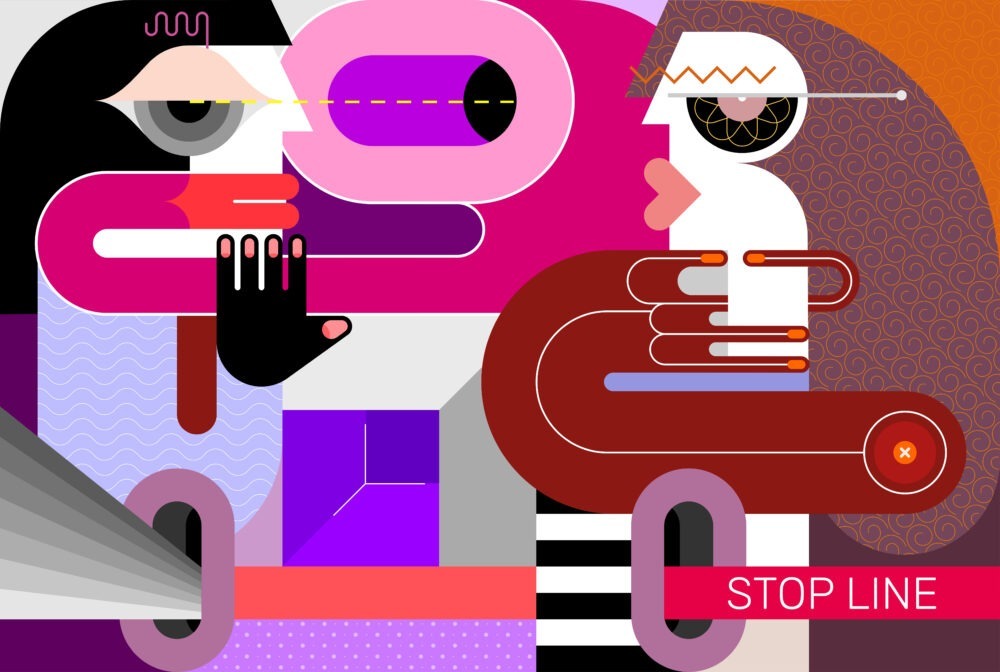Schema Therapy is a holistic approach that delves deep into longstanding patterns and ingrained emotional themes. This article explores the history, effectiveness, core concepts, and main techniques of Schema Therapy, shedding light on its profound impact on individuals’ lives. History of Schema Therapy Schema Therapy was developed by Dr. Jeffrey E. Young in the 1980s… Continue reading
Category Theories – Models
Healing the Invisible Wounds: Understanding and Addressing Generational Trauma
Generational trauma, also known as ancestral or intergenerational trauma, is a concept that explores how trauma experienced by one generation can affect subsequent generations. This phenomenon has gained increasing recognition in recent years, shedding light on the deep-rooted impact of historical events and personal traumas on families and communities. In this article, we will delve… Continue reading
Limited Reparenting in Schema Therapy: Nurturing Emotional Healing
Schema Therapy, developed by Dr. Jeffrey E. Young, is an approach to psychotherapy that focuses on identifying and addressing negative patterns or schemas developed during childhood. Limited Reparenting is a fundamental concept within Schema Therapy. It aims to provide clients with the emotional nurturing and support they may have lacked in their formative years. This… Continue reading
Ehlers and Clark’s model of PTSD
Post-Traumatic Stress Disorder (PTSD) is a complex and debilitating mental health condition that can occur after exposure to a traumatic event. Researchers and clinicians have long sought to understand the intricate mechanisms underlying PTSD. In the pursuit of this knowledge, Anke Ehlers and David M. Clark, prominent clinical psychologists, developed a comprehensive model of PTSD… Continue reading
Exploring Common Factors Theory for Effective Psychotherapy
Psychotherapy has evolved significantly over the years. Therapists employ a variety of approaches, techniques, and methods to assist their clients in achieving positive outcomes. Among the plethora of therapeutic models, one theory stands out for its broad applicability and effectiveness. In this article, we will delve into the essence of Common Factors Theory. While exploring… Continue reading
Resilience Theory : Study of Recovery from Adversity
Resilience theory, a concept rooted in psychology and ecology, provides insights into how individuals, communities, and ecosystems can not only withstand shocks but also thrive in the face of adversity. This article explores the essence of resilience theory, its origins, key principles, and real-world applications. What is Resilience Theory? Resilience theory studies how individuals, communities,… Continue reading
Understanding Attachment Theory: How Our Attachment Styles Impact Relationships
Attachment theory, developed by British psychologist John Bowlby in the 1950s, explores the profound impact of early relationships on human development and interpersonal connections. According to this theory, the quality of our early attachments to caregivers shapes our beliefs, behaviors, and expectations in future relationships. Understanding the types of attachment and their effects can provide… Continue reading
The Abyss of Pleasure Freud, Lacan, and the Paradox of Jouissance
The pursuit of pleasure has intrigued psychologists and scholars for centuries. Freud‘s pleasure principle plays a foundational role in pleasure-seeking in our actions. At the same time, Jacques Lacan introduced the concept of jouissance, adding a layer to our understanding of pleasure. In this article, we will explore Freud’s pleasure principle and Lacan’s notion of… Continue reading
Negative Schemas in Schema Therapy:
Schema Therapy stands out as a powerful approach that delves deep into the core beliefs and patterns ingrained within an individual’s psyche. Developed by Dr. Jeffrey Young, Schema Therapy goes beyond surface-level symptoms to address the underlying negative schemas that often dictate one’s thoughts, feelings, and behaviours. Negative schemas, also known as core beliefs, are… Continue reading
Psychoanalysis: Lacanian Terminology
Psychoanalysis is filled with terms and concepts that can be challenging to comprehend. Within this realm, the theories of Jacques Lacan, a renowned French psychoanalyst, stand out as particularly enigmatic. Lacan’s work, heavily influenced by Freudian psychoanalysis, introduced a unique vocabulary and framework that delves deep into the human psyche. In this article, we will… Continue reading










